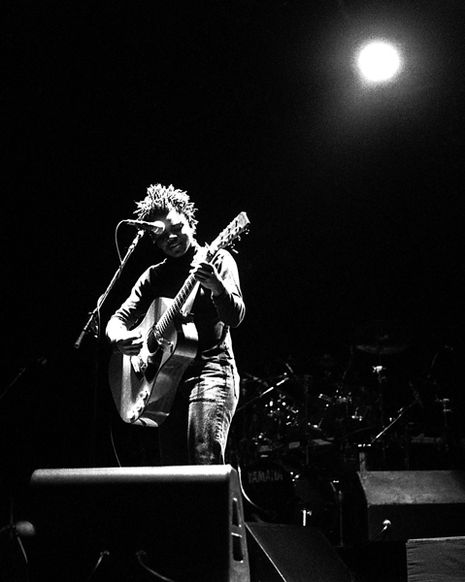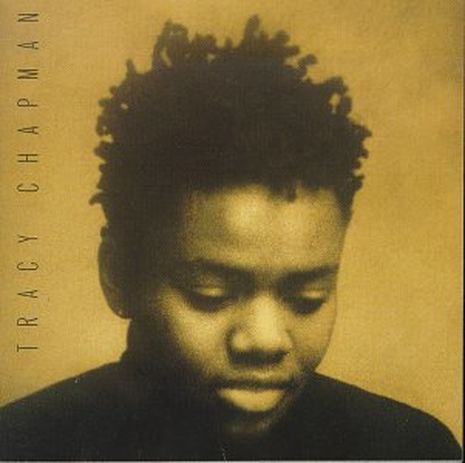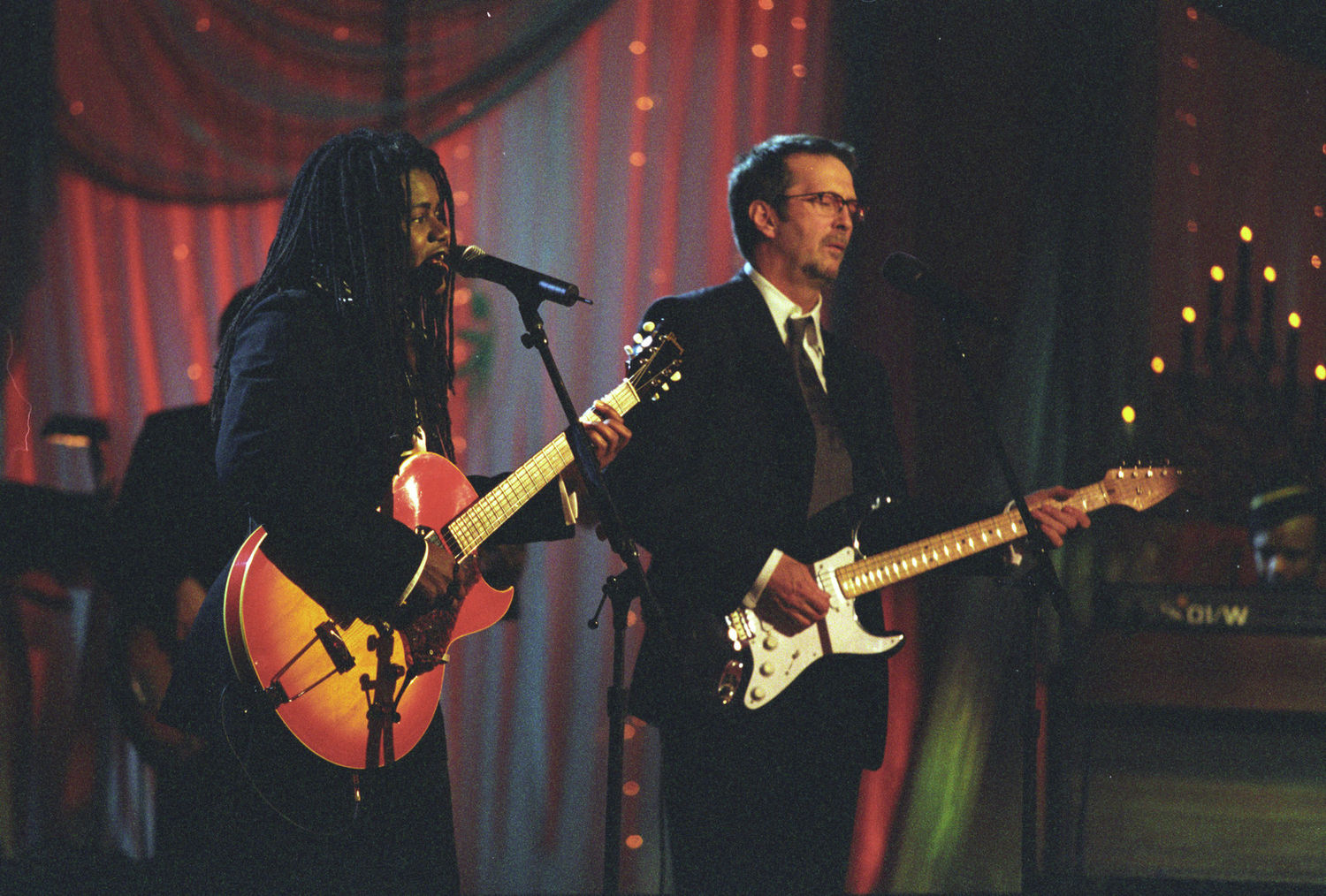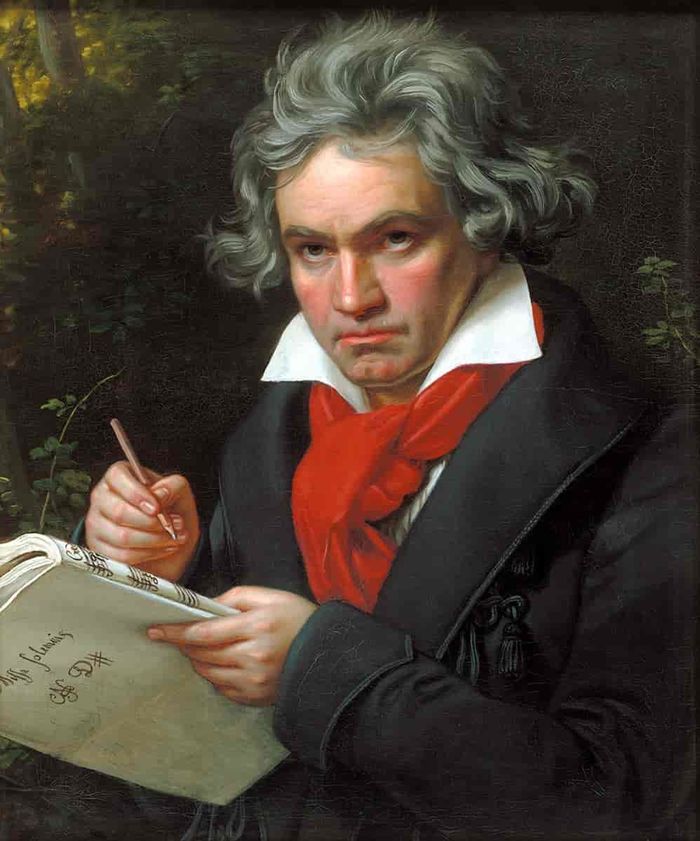As the nights draw in, it’s hard to avoid the melancholy that ebbs and flows as the winter days plod on. Reflections on the year are sprinkled with concern as we ponder the unanswered questions that have accumulated from the turmoil of 2020. However, I am determined to find some light at the end of the tunnel. It seems this light appeared to me on the morning of the 3rd of November as I perused the wall of posts on Facebook, nervous to catch up on the news before US election night.
Tracy Chapman was introduced on the Late Night Show on the 2nd November as ‘Grammy award winning singer/ songwriter known for her singular voice as well as for her politically and socially active music’. Little more needed saying as the camera cut to a shot of Chapman singing “Talkin’ ’Bout a Revolution”, a song she originally wrote for release in July 1988 as part of her self-titled debut album, and a song she also performed at Nelson Mandela’s 70th birthday tribute. The first few lines were this time unaccompanied:
’Don’t you know
They’re talking about a revolution?
It sounds like a whisper’
In addressing the anonymous ‘they’, Chapman begins her album with an ode to the people, acknowledging the many ordinary lives that assemble to protest for social and political change. The album subsequently offers up a series of vignettes of such lives, from the neighbour who overhears cries in “Behind the wall” to the infatuated lover in “For you”. Plainly, her album is a crafted montage of the revolutionaries, pitted against the institutions holding them back.
“The listener is transported to wherever Chapman has taken us, consumed with the individual plights of each character for the whole duration of each song”
Chapman was born on 30th March 1964 in Cleveland, Ohio. She grew up in a musical family, with a mother and sisters who sang constantly. Chapman herself began singing almost as soon as she could talk, and played instruments from a very early age. However, her first real interest was not explicitly in music but in creative writing and literature, inventing poems and short stories. A talent for exquisite lyricism grew from this love and her ability to weave instantly credible narratives makes her music so enrapturing. The listener is transported to wherever Chapman has taken us, consumed with the individual plights of each character for the whole duration of each song, until we are pushed off the “Mountain O’ Things” or left to choose a side in “Across the Lines”.

Her childhood was difficult in many aspects, particularly due to the racial tensions that were so prevalent in Cleveland in the 60’s, and by extension the entire continent . Much of Chapman’s music is themed around the idea of wanting something better, a feeling that she was all too aware of. “Fast Car”, the lead single of the album, was one of the most successful songs, with two Grammy nominations for Song of the Year in 1989. It ranked 6th in the US billboard top 100s charts as well as the top 10 for several other countries. It tells the story of a young person who dreams of getting ‘a car so fast we can fly away’, that will allow them freedom from the entrapment they feel at home where they assume the role of carer for their father after their mother leaves. ‘Any place is better’ Chapman implores.
There is hope for escape, as the refrain ‘You got a fast car’ reminds us of the freedom at the fingertips of the characters. The ‘feeling that I could be someone, be someone, be someone’, echoes bitterly at the end of chorus, to then be transported back to reality, frustrated that ‘you still ain’t got a job’ in verse four.
The final line ‘leave tonight or live and die this way’ offers no hint as to what becomes of the lovers. The narrative is a plausible one that we might assume reflects Chapman’s own life experiences. But, when asked in a 2002 interview ‘are the songs personal and biographical or are they observational?’ Chapman replied, ‘it’s a combination and it’s not as personal as some might seem’. She explains, ‘I have an opportunity to use my public status to help bring attention to things that matter to me and I think might matter to any number of other people’.
All of the songs on the album deal with heavy subject matters but arguably the most chilling in this sense is “Behind the Wall” where Chapman’s soulful voice and brutal lyricism come into their own. She sings unaccompanied throughout, allowing the listener to hang intently on every word:
’Last night I heard the screaming
Loud voices behind the wall
Another sleepless night for me
It won’t do no good to call
The police always come late
If they come at all’
The way Chapman frames the melody, descending from a high register, only to leap back up to its starting pitch, rises like a cry for help. This cry offers an unsettling parallel to the screaming that the narrator hears from next door, screams that we learn are the result of a ‘domestic affair | Between a man and his wife’. Although Chapman hears this happening, she remains helpless, separated by the brutally dividing wall. We listen on, as though we are another neighbour, as no intervention takes place; the police ‘can’t interfere with domestic affairs’, and the situation worsens:
’I prayed that I was dreaming
When I saw the ambulance in the road’
The song ends with the police managing a crowd, telling everyone that they’re here ‘to keep the peace’. It is a cutting comment on the way that members of such institutions behave and shows as bright as day the injustice faced by victims of domestic violence who are all too frequently ignored. We see in ‘Behind the Wall’ a sense of apathy, timidness and avoidance of confrontation that we as listeners feel indirectly part of. We are part of the onlooking, inactive crowd and this, as Chapman alludes to, needs to change.
“the experiences explored in the album feel closely intertwined with our own”

The narratives in her debut album are so carefully and deftly crafted that the experiences explored in the album feel closely intertwined with our own. Her work is so provoking for the heavy themes it raises and the way her songs tease at the problems in society through the lens of ordinary people. She said in interview that she sees her music as ‘a form of social activism’:
‘We all have a role to play to try and make the world better and I feel I have a chance to do that through my music’.
It was extremely unusual for Tracy Chapman to make the television appearance on the night of the 2nd December, having somewhat withdrawn from the public eye. Her performance therefore suggested a sense of urgency, as though it was a final plea for people to listen to the voice of the revolution, whatever that means today.


